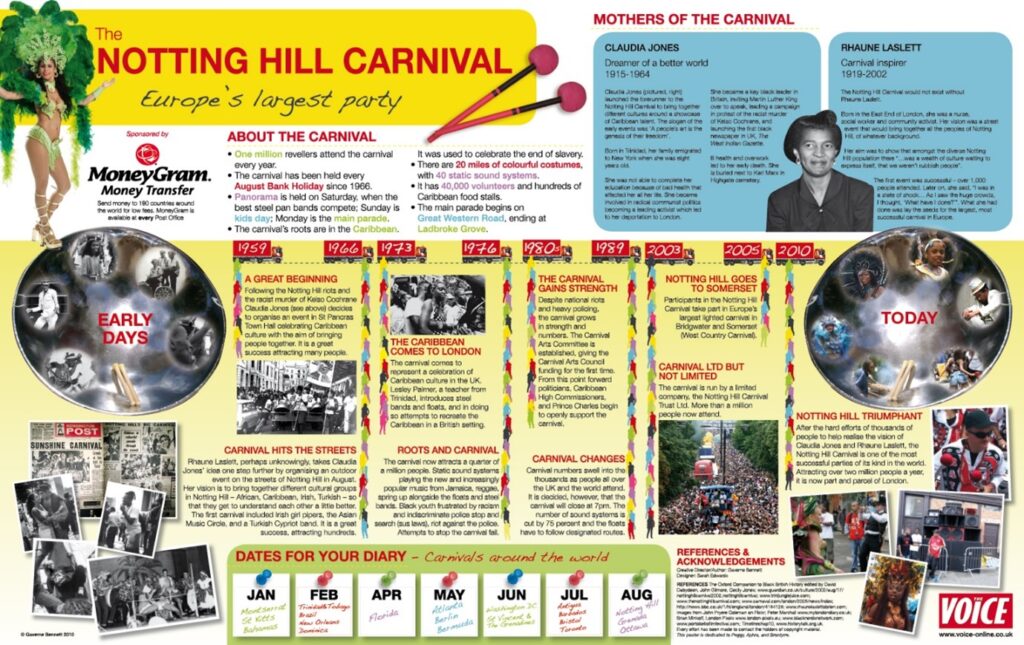Gaverne Bennett, PhD history research student at Leicester University, has recently completed a three month internship at the Bibliography of British and Irish History (BBIH) looking at Race and Ethnicity. He also created the Guardian newspapers bestselling black history timeline series: and the UK black literature timeline for the British Library.

My name is Gaverne Bennett and I have been working on an internship at the BBIH looking at Race and Ethnicity for the last few months.
It has been the most wonderful job because it gives me a chance to see how the BBIH works and get to grips with all the changes in the research around the history of Race and Ethnicity.
My main area of interest is black history, particularly black UK history, so the BBIH has been important in helping me to make sense of information that is sometimes fragmentary and not easy to put together.
The BBIH has now become indispensable to my research and I think if you give it the time, it will become indispensable to your research too. It has help enhance my work on my PhD, given much needed structure to my research and saved me loads of time, especially when putting together references for essays. It has also become a go to for me when I want to find, say, three to four articles on a particular topic focusing on a particular time period.
I first came across the BBIH when I was doing research for the black history timeline that I produced for the Guardian in 2008. I had used many research tools before, but a particular academic suggested I use the BBIH to find a series of books that focused on the particular period from 1884 through to about 1945. I found two books very quickly that helped give structure to the whole UK timeline. Since that time I have dipped into the BBIH whenever I’ve become stuck in my research or I’m not sure what I’m looking for. I really love the BBIH subject tree because it just opens up so many possibilities whilst keeping you on track, especially when you don’t have much time.

When I was putting together my applications for a PhD in history, the BBIH was absolutely indispensable. Occasionally I had to write essays of between 2000 and 3000 words. I was doing this while working full time and simply didn’t have the time to deal with thousands of entries coming back at me when using other databases!
I found the BBIH really helpful because, again, I would find the three to four books or articles that focused on a particular time period. I was also able to download the bibliographical references straight into whatever essay I was working on.
The BBIH also set the scene for my PhD as it made me feel confident that I could find things in relation to UK black history when I needed them quickly.
Subsequently, whilst doing my PhD, I have found the BBIH has become even more important because I’ve always been able to find what I’ve needed there. That is why I grabbed the opportunity to do an internship for the BBIH because I wanted to know how it worked.
Also, I want to share the knowledge I have gained about the BBIH and make sure that all historians that are researching British and Irish history were aware of it and used it. I love the fact that there are experts looking at entries and checking things because, so many times in my research journey, I have found what I thought were useful websites or databases only then to look at them and discover that their veracity is questionable.
I was impressed with the BBIH’s online reading list on Black British History. It was very helpful when I was looking at creating the Black literature timeline for the British Library, especially when I decided to focus specifically on UK black literature.
If you are studying or researching anything to do with race and ethnicity in relation to British and Irish history, the BBIH definitely must be one of the tools you use in your exploration.
This year alone marks the anniversary of the British Empire in the Caribbean with St Kitts its first colony in that region 400 years ago, the 75th anniversary of Windrush, and the upcoming anniversary of the first performance of Othello at the Globe theatre.
As our knowledge of Race and Ethnicity deepens and becomes more sophisticated in the next few years make sure that you use the most sophisticated bibliography out here, the BBIH, to make sure your research, essay, dissertation or literature stands out.


Gaverne Bennett is a PhD history student at Leicester university. He has taught at various levels including secondary and FE levels. He is the creator of the Guardian newspapers bestselling timeline wallchart series and a literature timeline for The British Library.
Academic Staff | Politics and International Relations at Leicester | University of Leicester and Timeline Organica and gaverne bennett (@gaverne) / X (twitter.com)

